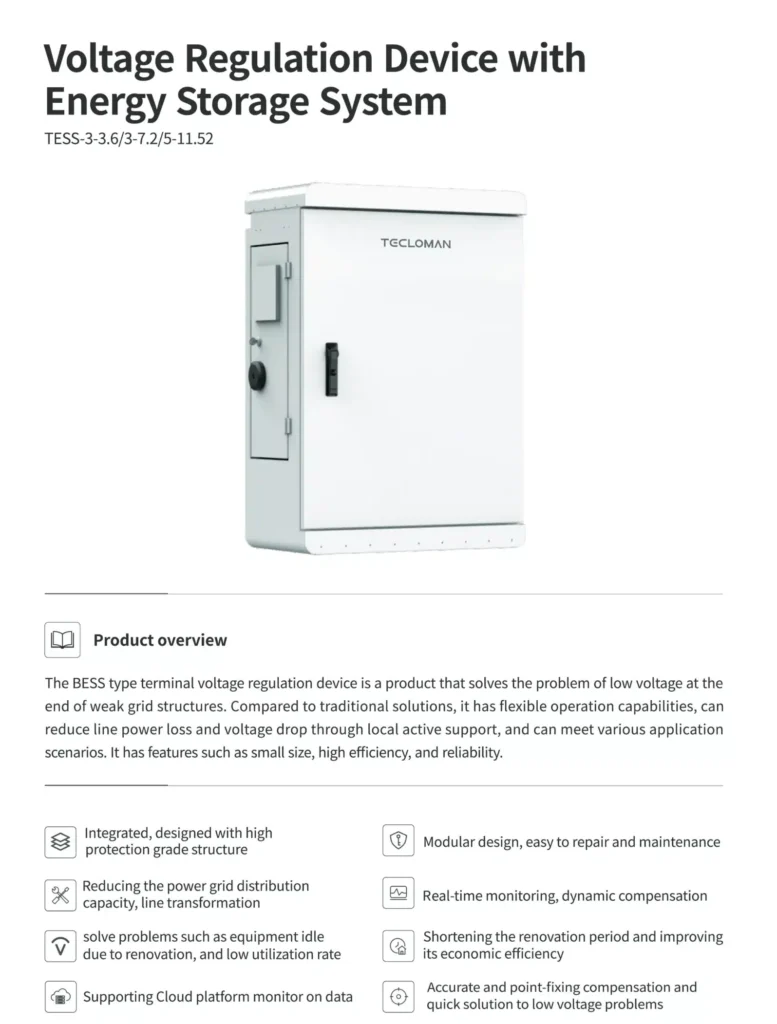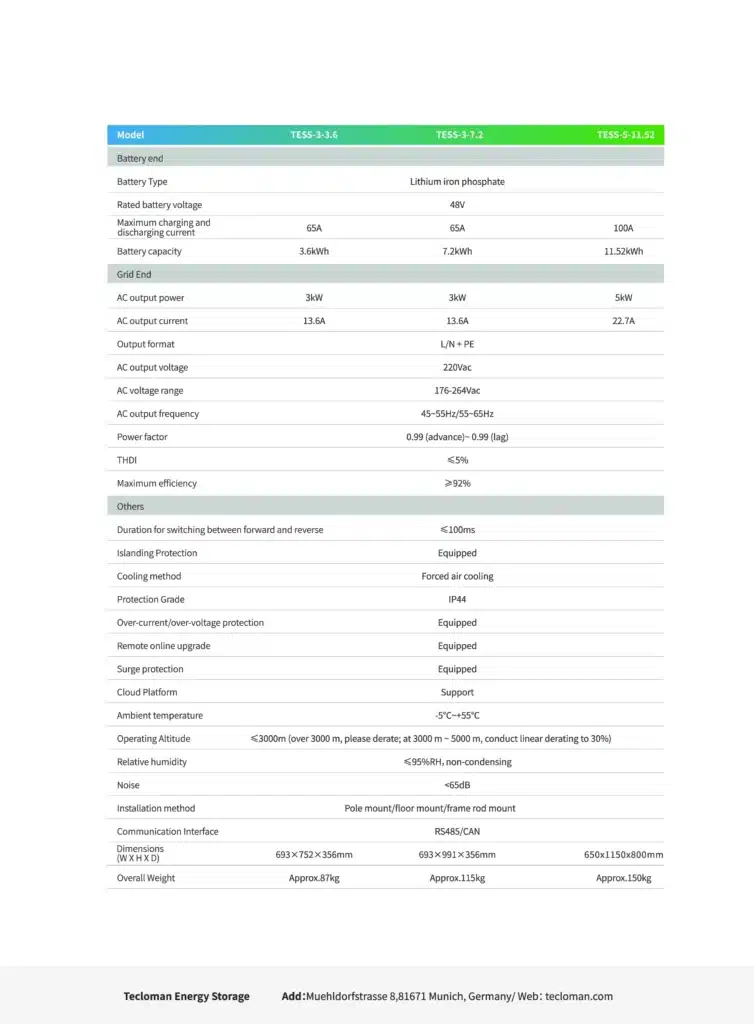Energy Storage Voltage Regulators - The Essential Guide to unlocking Efficiency
Voltage regulators in energy management play a pivotal role. As we embrace sustainable energy, optimizing these devices enhances system efficiency and reliability. This guide highlights their significance, benefits, and selection process.
Understanding Voltage Regulators in Energy Systems
These devices maintain constant voltage levels in systems like batteries. They efficiently manage stored energy, preventing issues like overcharging or excessive discharge.

Their Importance
Such regulators are crucial for maintaining optimal voltage, enhancing system longevity and performance. This is especially vital in renewable energy setups, where input can vary. They ensure energy is safely stored and reliably available.
Key Advantages
- Extended Lifespan: They help avoid overcharging and deep discharge, prolonging system durability.
- Boosted Efficiency: By keeping systems within optimal parameters, they minimize energy loss.
- Enhanced Safety: These devices mitigate voltage fluctuations, bolstering system reliability and safety.
- Economic Benefits: Improved battery performance and lifespan extension lead to cost reductions in maintenance and replacements.

Varieties Available
Several designs cater to different storage technologies and applications. Options include linear, switching, and MPPT regulators. Selection is based on system requirements, such as size, energy source, and desired performance.
Making the Right Choice
Choosing involves assessing factors like storage type, voltage range, and efficiency goals. Compatibility with the system’s chemistry and power handling also matter.
Conclusion
Voltage regulators are key to efficient, reliable energy management systems. As renewable energy use grows, their role becomes increasingly critical. Understanding their types and benefits allows for optimized system performance and cost efficiency.
